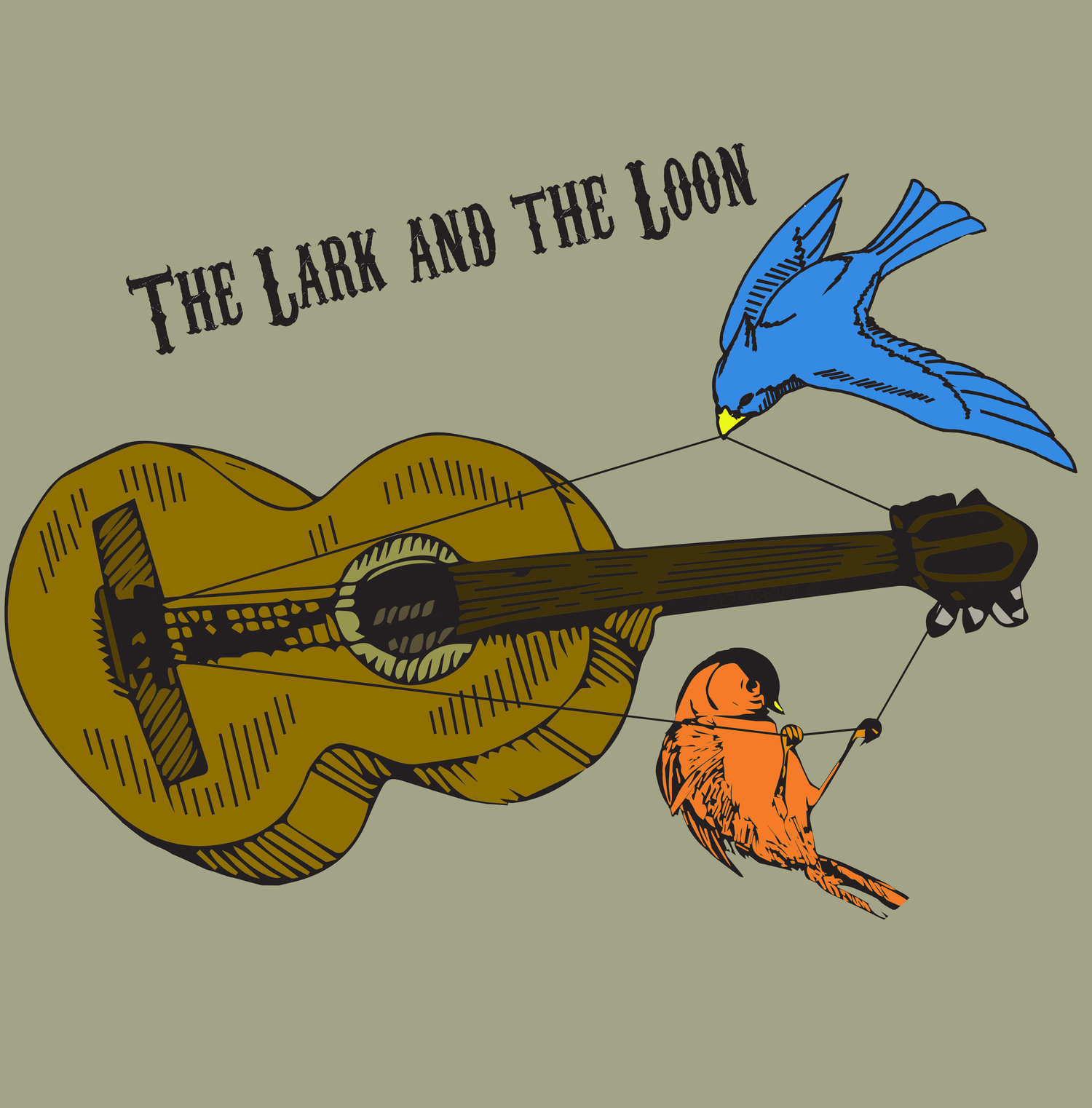We can all agree and disagree on most everything. But I have a hunch that most of us have at least thought about what it would be like to buy a one way ticket to a destination never to return again. Some of us have manifested that exact thought into reality and we find ourselves living many miles away from the places we once called home. Luckily, or maybe not so luckily, we have social media to keep up with old friends and family from the past. It's becoming increasingly more difficult to permanently "loose touch" with the people you don't have an interest in out of the sake of being polite. But imagine yourself during a time before computers and cell phones; before airplanes and greyhounds were a common mode of mass transportation for the middle class and before car ownership was only possible for a select few types of people. If you needed to get somewhere far away in a hurry, you'd most likely board a train. Jeff and I have been listening to a lot of old records over the years (mostly old blues, Carter Family, various folk Anthologies, and Bob Dylan). We've observed the different ways these roots and folk musicians sing about trains and how important the train is to the origins of American folk music. We've listened to these records countless times and have had many discussions about how music has traveled and transformed since the dawn of American train culture. Of course these train songs originated with the makers of the train tracks themselves (songs known as chain gang songs invented by slaves and later prisoners who pounded their picks into the ground, chanted, and sang with the voices and rhythms passed down to them from their ancestors).
It's almost as if you can feel the construction of the train tracks in the music of their children and grandchildren recorded later on. Today we commonly refer to these musicians as "the old blues men and women" such as Leadbelly, Mississippi John Hurt, Blind Blake, Blind Boy Fuller, Elizabeth Cotten, and Bessie Smith who all sing about riding trains, leaving, or returning home.
Jeff and I talk about what it must've been like to be African American upon the end of the Civil War and how the train must've been quite the symbol of freedom to these newly freed people. Many of these people who were once enslaved were able to flee to other destinations by train hoping that a better life was waiting at the track's end; and they took their voices with them and passed their train music down to their kin. We are incredibly lucky that their children and grandchildren preserved and recorded these original train songs while inventing a whole new style of music. Since then you have other genres of music, such as bluegrass, old time, folk, and country music that talk about trains but the origin of American train music in the United States was invented by the people who built the tracks and it traveled with their children from coast to coast, north to south, which is why we've been able to learn so many songs even in the most remote locations of the country.
Growing up out on the western prairie and the Great Plains was as desolate as you can imagine it to be. The first time I saw Urban style graffiti was when I'd see it painted on the sides of trains that passed through my childhood stomping grounds. I thought it was beautiful and wondered what it would be like to hop on a train and end up in a big city just to observe it all. I would think about how much more interesting life, art, and music must be in a big city. But what I didn't know is that the music I had learned as a child in small-town America was also being taught in cities. It wasn't until I moved to Minneapolis and met my husband, who spent the majority of his life in the Twin Cities, that I learned we had grown up learning the same songs. This is why we love roots music. It's amazing when you can sit down with a complete stranger and sing and play the same songs. The train made it possible for this music to travel up, down, and all across the country. I can only imagine that many songs written about trains were written on trains (I wish that I could write and drive at the same time because cross-country imagery and travel sure does stir up the songwriting senses.) Jeff and I are committed to a life of music and the road and we couldn't be more at peace to be out driving on the highways next to the train tracks that made it possible for music to travel back in the old days.
-R
